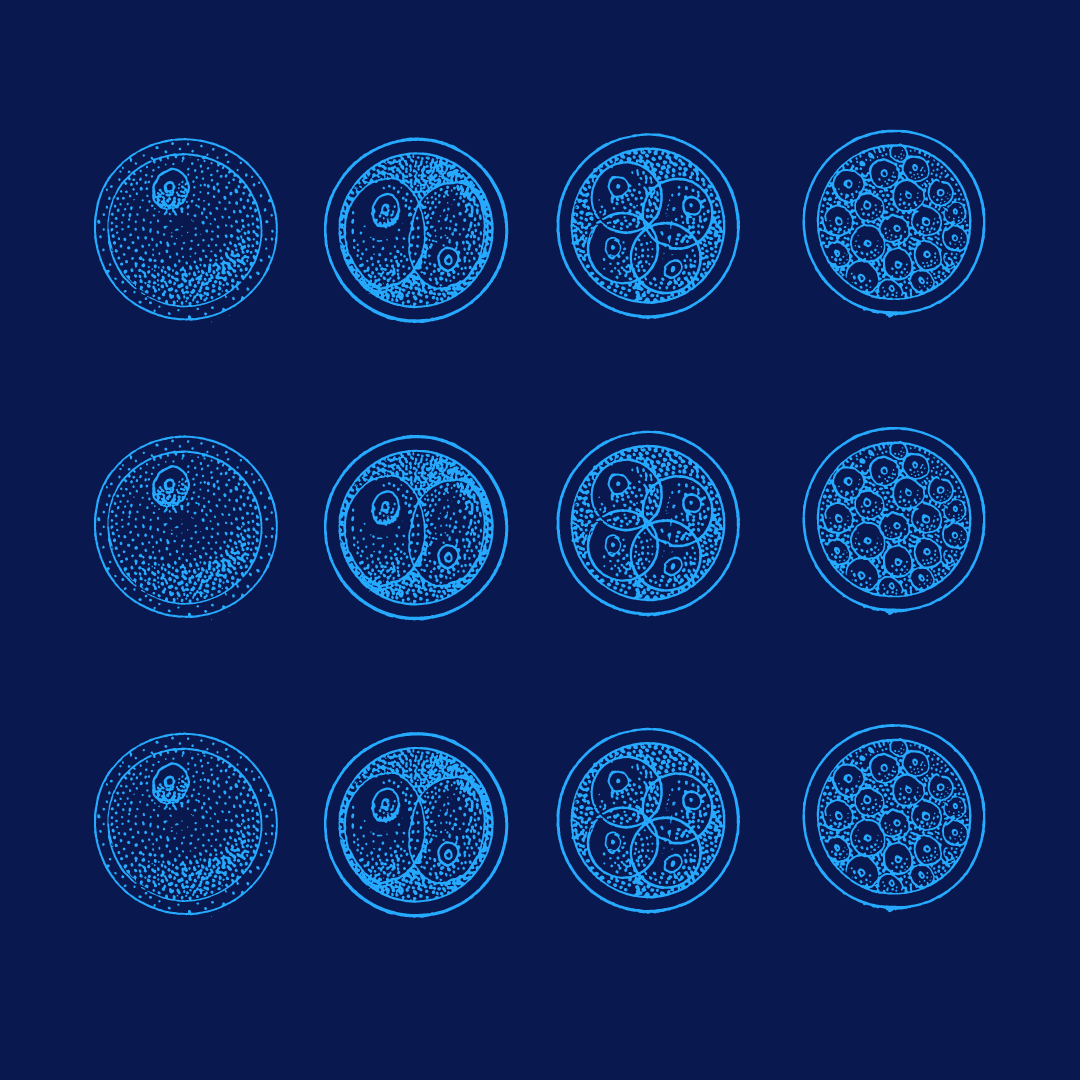What the Law and Bioethics Tell Us About Synthetic Human Embryos
By Barbara Pfeffer Billauer,
Bill of Health
| 10. 13. 2023
A synthetic embryo can now be constructed from very early pre-embryonic cells – without the need for an egg or sperm. These were initially created in mice. In April, researchers in China published about their creation of synthetic monkey embryos. In June, it was reported that the first synthetic human models were apparently created. This development throws a moral monkey-wrench into the current moratoria on embryonic research after 14 days. But there are more problems ahead.
Two weeks – the 14-day Rule
Of immediate concern are the ramifications of the 14-day rule, which imposes a (voluntary in the U.S.) moratorium on experimentation on human embryos older than 14 days; after that, they must be terminated. Strictly speaking, at this point, the fertilized egg (zygote) is called by various names, e.g., blastocyst and a “morula” (“little cherry”) because depending on the stage of development, that’s what the entity resembles. This zygote does not achieve full “embryo” status until day 14 after fertilization, the beginning of “gastrulation.”
In biological terms, the 15th day of embryo development is the point when...
Related Articles
By Diaa Hadid and Shweta Desai, NPR | 01.29.2026
MUMBRA, India — The afternoon sun shines on the woman in a commuter-town café, highlighting her almond-shaped eyes and pale skin, a look often sought after by couples who need an egg to have a baby.
"I have good eggs,"...
By George Janes, BioNews | 01.12.2026
A heart attack patient has become the first person to be treated in a clinical trial of an experimental gene therapy, which aims to strengthen blood vessels after coronary bypass surgery.
Coronary artery bypass surgery is performed to treat...
By Staff, ScienceDaily | 01.05.2026
Scientists at UNSW Sydney have developed a new form of CRISPR technology that could make gene therapy safer while also resolving a decades-long debate about how genes are switched off. The research shows that small chemical markers attached to DNA
...
Following a long-standing CGS tradition, we present a selection of our favorite Biopolitical Times posts of the past year.
In 2025, we published up to four posts every month, written by 12 authors (staff, consultants and allies), some in collaboration and one simply credited to CGS.
These titles are presented in chronological order, except for three In Memoriam notices, which follow. Many more posts that are worth your time can be found in the archive. Scroll down and “VIEW...




